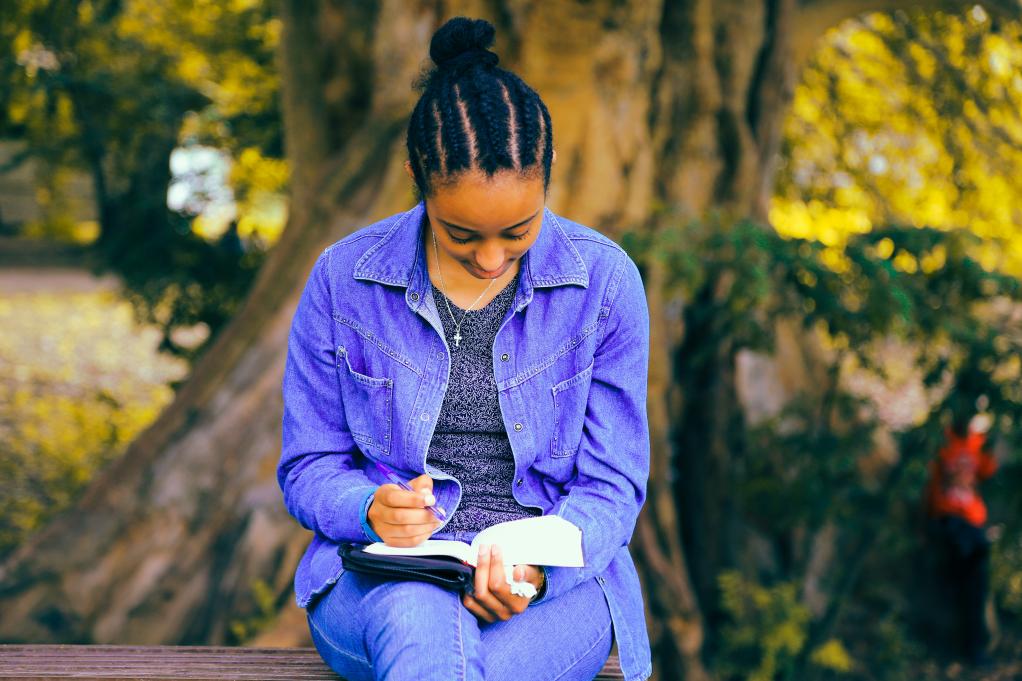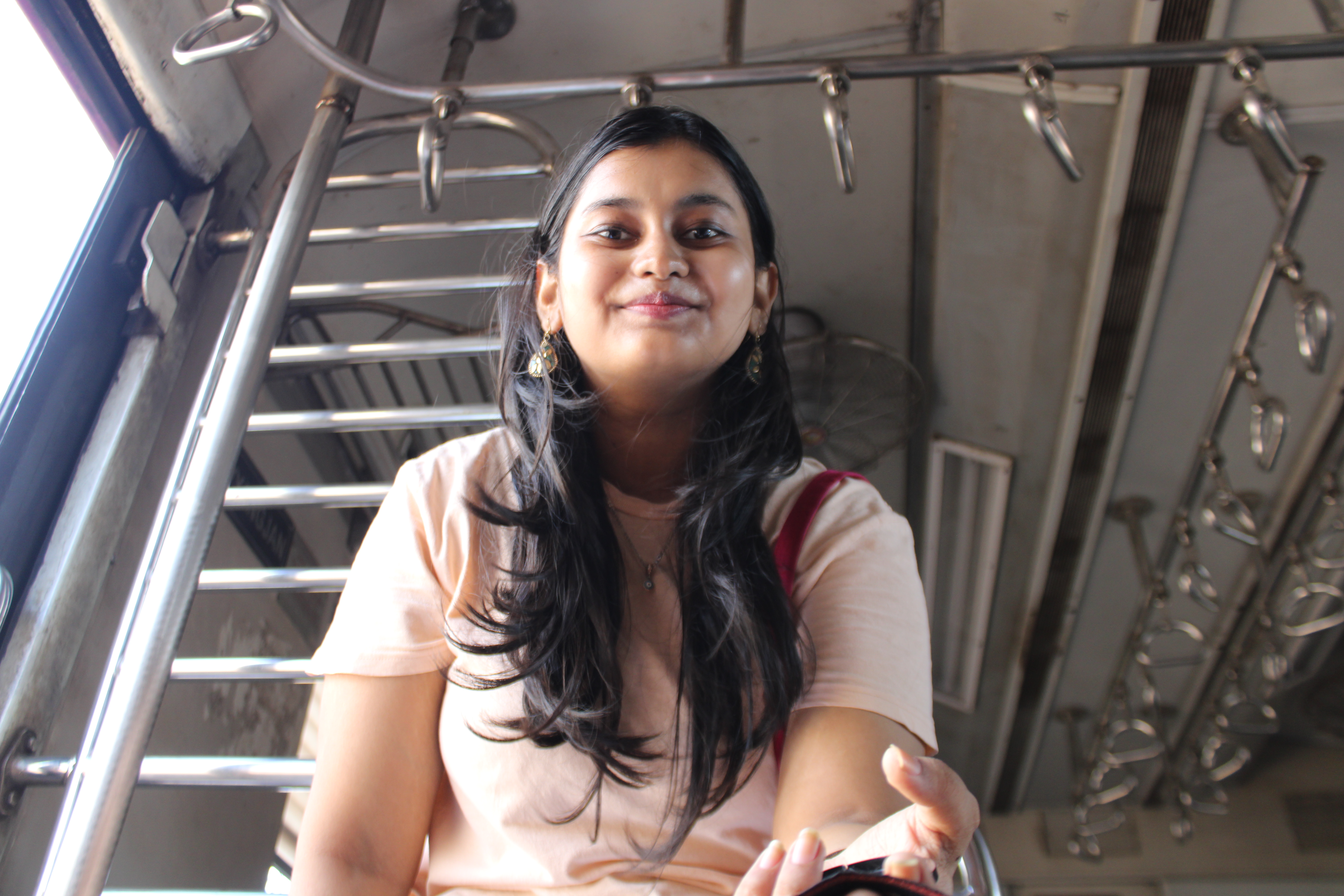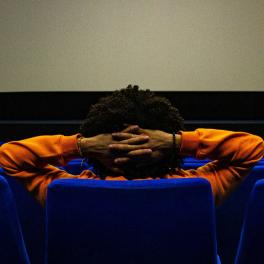
I recently watched this hauntingly beautiful film called the 'Three of Us'. Grounded in reality, in control of the narrative, and just a visual treat. In my previous article, I talked about writing your stories or creating your art using 'inspiration'. Today, I want to dive into 'observation'. What I mean by this is learning to understand and identify human flaws. An observer looks beyond the general garb of religion, sex, ethnicity, and region. They look beyond stereotypes and bias and focus on what essentially constitutes a human. Their agenda is to find a story or find a person whose experiences, trauma and journey shape them as a human. When you begin to 'observe' people, you're leaving behind any sense of judgment and focusing on the 'story'.
As an observer, you will take note of the emotions, the setting, and the overall journey of the person. This doesn't mean you're not allowed to sympathize or have any empathy at all. You can feel a range of emotions, such as happiness, disgust, sadness, or anger. The only point here to duly note is that you shouldn't let your personal emotion reflect too much in the art you're trying to create.
For example, when I was writing my short story 'The King', an account of a woman's experience with heartbreak, destiny, and unrequited love, I felt an unprecedented amount of anger toward the woman's mother, who shaped most of the woman's decisions in her life. I wanted to be unbiased, but it was very evident in my story that I absolutely despised this woman. I hated the idea of including this parental figure in the book, and it affected me to the point of rewriting my short story a number of times.
When the anger reached its peak, I sat down for a little while, and I wondered why I was so affected by this story. Turns out, it somehow mimics my life. In ways that I cannot imagine or describe. 'The King' became more about me than the woman I had chosen to observe. I didn't want my own experiences to take over the character I was trying to create, so I scrapped the story, focused on therapy for a little while, and then started again. This time, I chose to look at the woman as a separate entity. Someone whose story needs to be told in an unbiased manner with a fresh perspective.
This is not to say that reflections of your life cannot show up in your work. Sometimes it is useful to take inspiration from your own life. However, it can be hard to be unbiased. You are often subconsciously biased toward a certain community, a certain person, or a certain entity. When your bias is reflected in your art, it can sometimes affect the quality of your art. For example, if I stick to a certain ideology and choose to represent that ideology, I might represent a person of a different ideology or opinion in a negative light. I may not be aware of it, but instead of adding nuance, I might be reducing the quality of my art by making it one-dimensional.
As I said, an observer never judges. Their art tells a story beyond the general social barriers. It is important to remember that you're looking at a person. Their identity is not of importance. Whether they are African American, Muslim, Sri-Lankan, Buddhist, or anything else is of no importance to you. You're only concerned with what they have to say. By removing any attached labels, you are going to listen or read actively. You will create your art based on what they have to say. Art that is grounded in reality.
Support Young Creators Like This One!
VoiceBox is a platform built to help young creators thrive. We believe that sharing thoughtful, high-quality content deserves pay even if your audience isn’t 100,000 strong.
But here's the thing: while you enjoy free content, our young contributors from all over the world are fairly compensated for their work. To keep this up, we need your help.
Will you join our community of supporters?
Your donation, no matter the size, makes a real difference. It allows us to:
- Compensate young creators for their work
- Maintain a safe, ad-free environment
- Continue providing high-quality, free content, including research reports and insights into youth issues
- Highlight youth voices and unique perspectives from cultures around the world
Your generosity fuels our mission! By supporting VoiceBox, you are directly supporting young people and showing that you value what they have to say.





